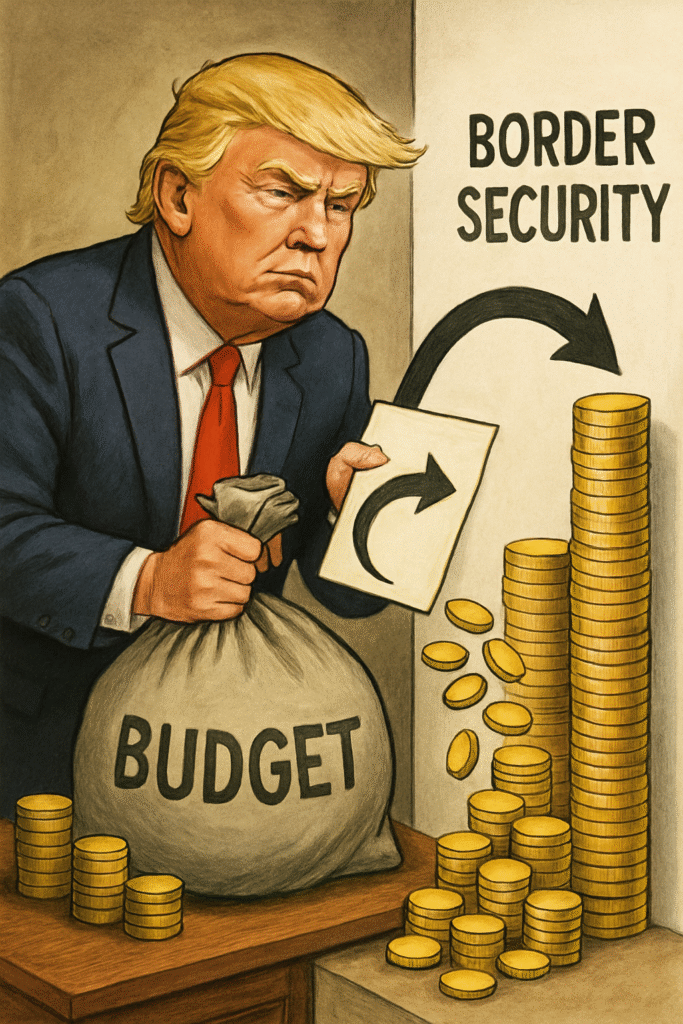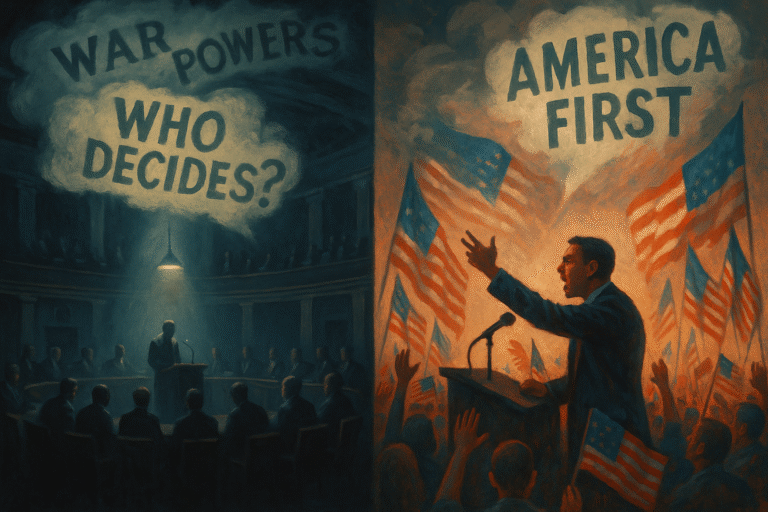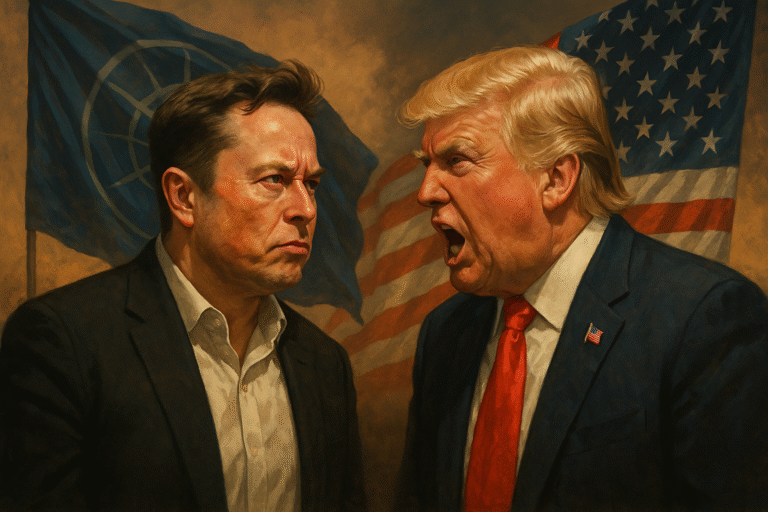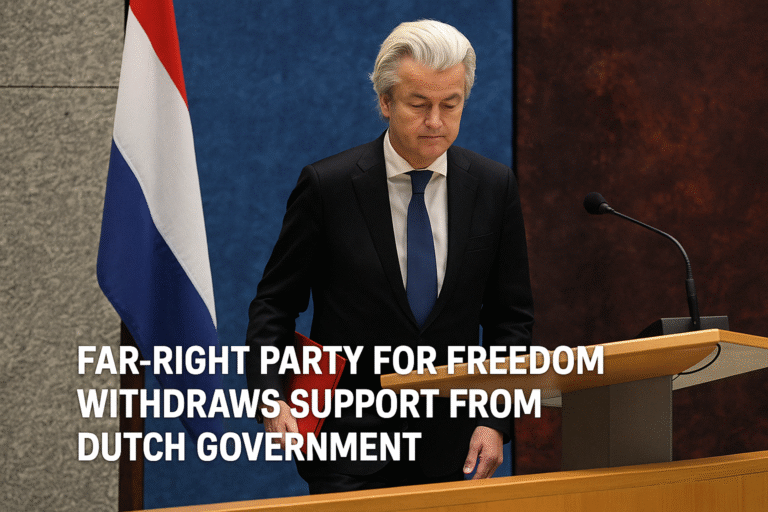
Source: NBC News
Summary of Trump’s 2025 Budget Proposal
President Donald Trump released a symbolic budget proposal calling for deep cuts to domestic programs—especially in healthcare, education, clean energy, and scientific research—while significantly increasing funding for military spending and border security. The 40-page blueprint, sent to Congress, proposes a 23% cut in discretionary funding (about $163 billion) and a 13% boost in defense spending.
Notable proposed cuts include:
- $18 billion from the National Institutes of Health
- $4 billion from Low Income Home Energy Assistance Program (LIHEAP)
- $3.6 billion from the Centers for Disease Control and Prevention (CDC)
- Reductions in clean energy, education, and international aid
Meanwhile, it includes:
- $113.3 billion for the Defense Department
- $43.8 billion for Homeland Security
- $500 million for Robert F. Kennedy Jr.’s “MAHA” initiative (“Make America Healthy Again”) focusing on nutrition and fitness
The proposal excludes changes to mandatory spending (Social Security, Medicare, Medicaid), though those areas remain politically contentious.
While such White House budgets are not legally binding, they signal presidential priorities and shape debate. Republicans like House Speaker Mike Johnson praised the budget as pro-growth and pro-America, while Democrats, led by Senate Minority Leader Chuck Schumer, condemned it as cruel and elitist, accusing Trump of betraying working families for the benefit of the wealthy.
Sen. Susan Collins criticized both the lateness of the proposal and specific cuts, reiterating that Congress has the final say on budgetary matters.
Political Discourse Analysis
🇺🇸 The Republican Framing: Patriotism, Bodily Sovereignty, and Neo-Mercantilism
From a Republican standpoint, the budget reflects a gesture of solidarity with fellow citizens — not via redistributive welfare, but through empowerment-oriented initiatives such as the “Make America Healthy Again” (MAHA) program. This initiative, emphasizing nutrition and physical fitness, is framed as a civic virtue: to care for one’s body is to care for the nation.
This logic substitutes traditional welfare mechanisms with patriotic self-care, reinforcing an ethos of autonomy, discipline, and national strength. The budget redirects funds toward military preparedness, border enforcement, and domestic manufacturing incentives — a clear return to a pre-modern, mercantilist conception of political economy, where national prosperity is defended through tariffs and self-sufficiency, not multilateral cooperation.
Within this framework, the MAHA initiative becomes a symbolic device: a way of saying “I care for my fellow Americans” through individual health and resilience, rather than through public health infrastructure.
🏛 The Democratic Response: Social Rights and Cosmopolitan Universalism
Democrats interpret this redirection of funds as a rejection of the post-war welfare state consensus, which emphasized healthcare, education, and public infrastructure as social rights — gains won through decades of social-democratic struggle. From this viewpoint, slashing such services is not an act of patriotic efficiency, but a betrayal of the state’s foundational commitments to equity and care.
This vision is anchored in a cosmopolitan moral legacy, reminiscent of Kantian ideals: the idea that humanity transcends national boundaries, and that the role of the state is to cultivate a just and compassionate society. The abandonment of clean energy investments, combined with an emphasis on hard power, signals a retreat from the cosmopolitan horizon — away from universal interdependence, and toward a narrower, exclusionary conception of sovereignty.
Thus, Democrats see Trump’s proposal not only as economically regressive, but as symbolically reactionary: a dismantling of global responsibility in favor of a closed, defensive nationalism.
⚖️ “Care” as a Contested Term: From Public Welfare to Personal Fitness
At the heart of this ideological clash lies a discursive shift in the meaning of “care”. In the Republican rendering, care is re-internalized: no longer mediated by state institutions, but practiced through bodily discipline and patriotism. In the Democratic paradigm, care remains a structural obligation: a responsibility the state holds toward its people, especially the most vulnerable.
This re-signification reflects broader transformations in biopolitical governance, where the locus of health policy shifts from institutional guarantees to moralized individual action.
Two Worlds, Two Rationalities
Trump’s budget proposal reveals two incommensurable worldviews:
- One envisions national strength through discipline, defense, and self-reliance,
- The other defends a tradition of public care and cosmopolitan solidarity.
The debate is not merely about budget lines; it is about the very nature of citizenship, responsibility, and the future of democratic life.




Leave a Reply